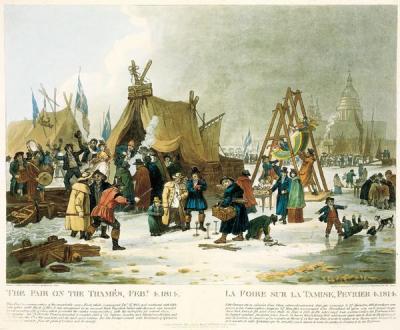In a breathtaking display of anarchy, an Aukland primary school got rid of all their playground rules and let the little savages do whatever they wanted. As you’d expect, the results were catastrophic and the kids will need to undergo therapy for the wanton violence they unleashed. Well, no, not really:
Ripping up the playground rulebook is having incredible effects on children at an Auckland school.
Chaos may reign at Swanson Primary School with children climbing trees, riding skateboards and playing bullrush during playtime, but surprisingly the students don’t cause bedlam, the principal says.
The school is actually seeing a drop in bullying, serious injuries and vandalism, while concentration levels in class are increasing.
Principal Bruce McLachlan rid the school of playtime rules as part of a successful university experiment.
“We want kids to be safe and to look after them, but we end up wrapping them in cotton wool when in fact they should be able to fall over.”
Letting children test themselves on a scooter during playtime could make them more aware of the dangers when getting behind the wheel of a car in high school, he said.
“When you look at our playground it looks chaotic. From an adult’s perspective, it looks like kids might get hurt, but they don’t.”
Swanson School signed up to the study by AUT and Otago University just over two years ago, with the aim of encouraging active play.
However, the school took the experiment a step further by abandoning the rules completely, much to the horror of some teachers at the time, he said.
When the university study wrapped up at the end of last year the school and researchers were amazed by the results.
Mudslides, skateboarding, bullrush and tree climbing kept the children so occupied the school no longer needed a timeout area or as many teachers on patrol.
Instead of a playground, children used their imagination to play in a “loose parts pit” which contained junk such as wood, tyres and an old fire hose.
“The kids were motivated, busy and engaged. In my experience, the time children get into trouble is when they are not busy, motivated and engaged. It’s during that time they bully other kids, graffiti or wreck things around the school.”
J.D. Tuccille hails the rise of spontaneous order:
Youth is a relatively low-risk time to test your limits and discover what hurts and what doesn’t. Kids are practically rubber, so when they fall down off a bike or out of a tree, it may be a jolt, but it’s unlikely to do permanent damage. The lessons they learn about what’s fun and what’s painful can be retained for later in life when the stakes are higher. I know that I gained a relatively low-cost understanding of the world wandering the streets unescorted as an eight-year-old than I would have if I’d been “protected” from the world around me, and I suspect the same is true of most kids everywhere.
And, of course, kids get to burn off a lot more steam when they play free than they do when adults ban tag and running. Those rules are imposed by adults who live in fear that children will damage their little selves, but that leaves the tots chock full of unreleased energy and uncertain of the limits of their worlds — limits they’ll have to discover when they’re older and the consequences can be more severe (or else they won’t discover at all as they internalize the fear in which they’ve been marinated).








